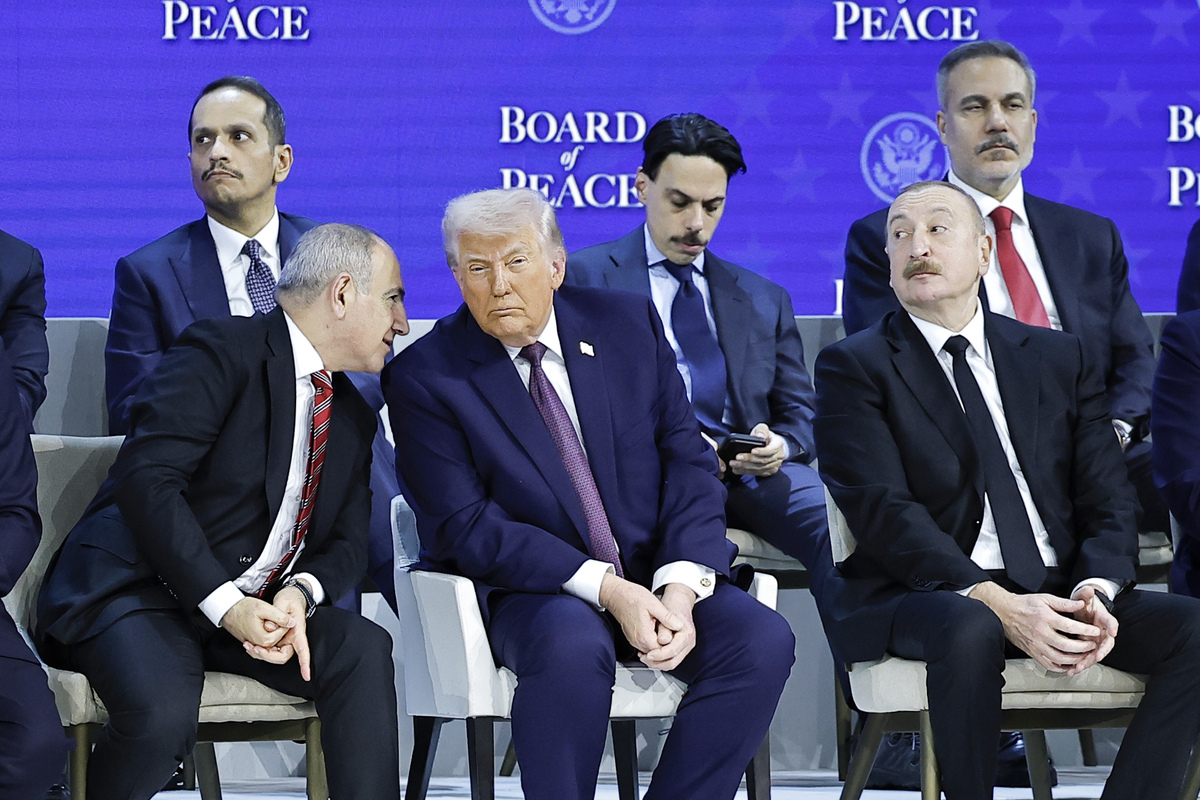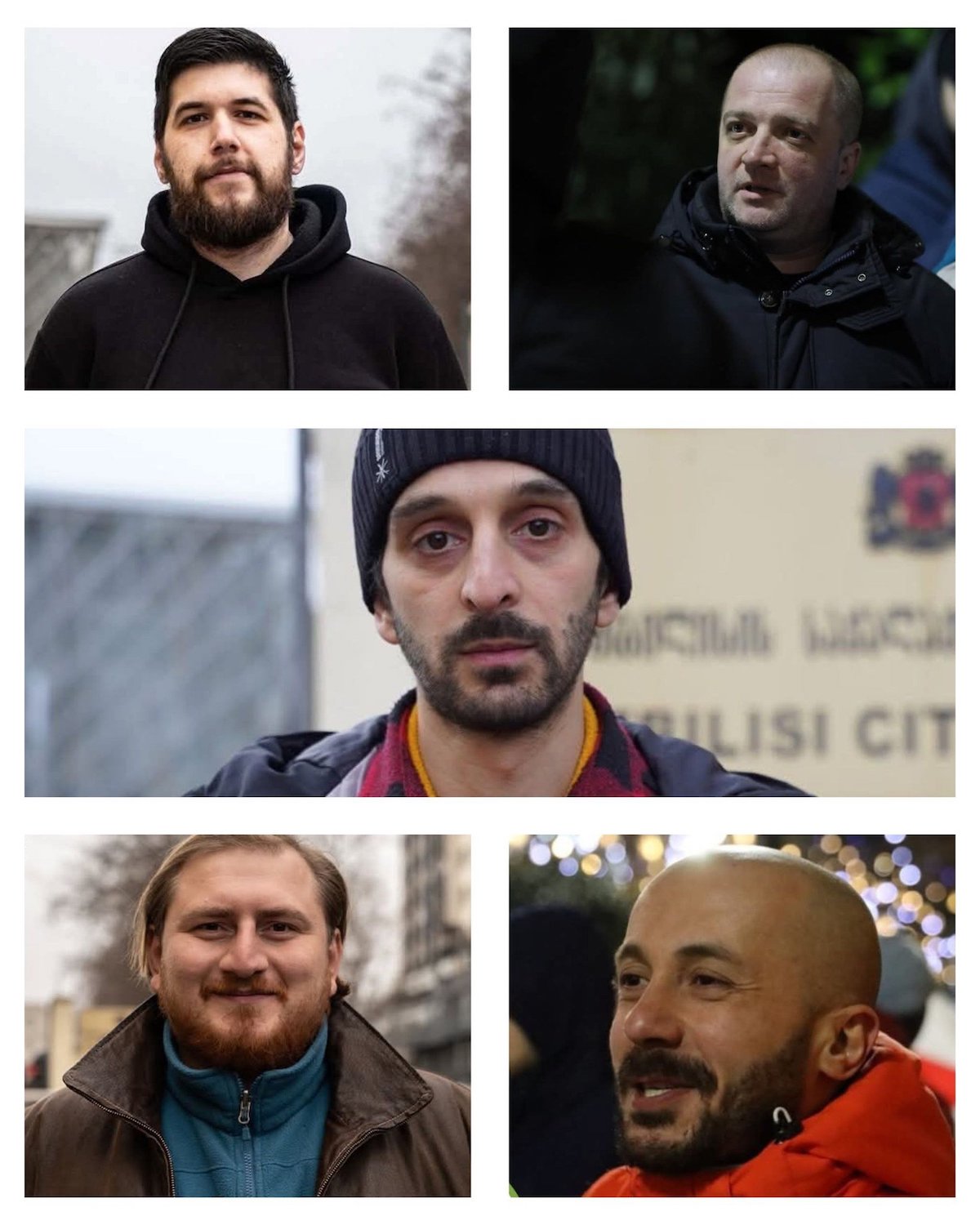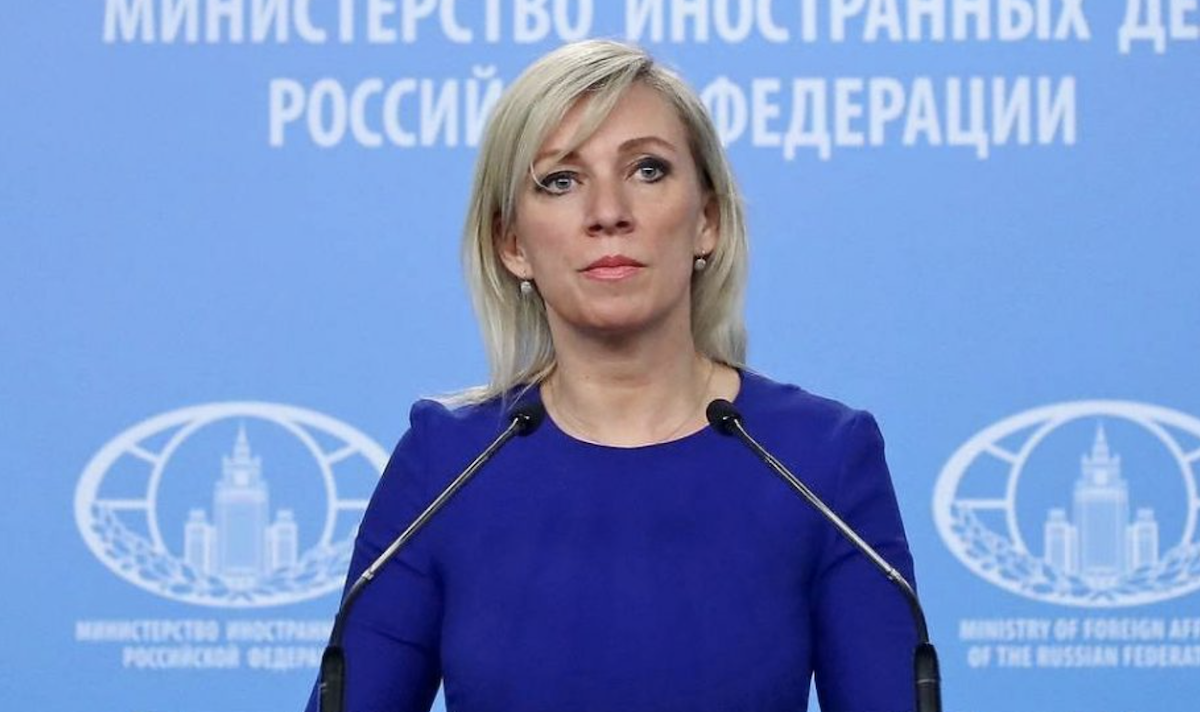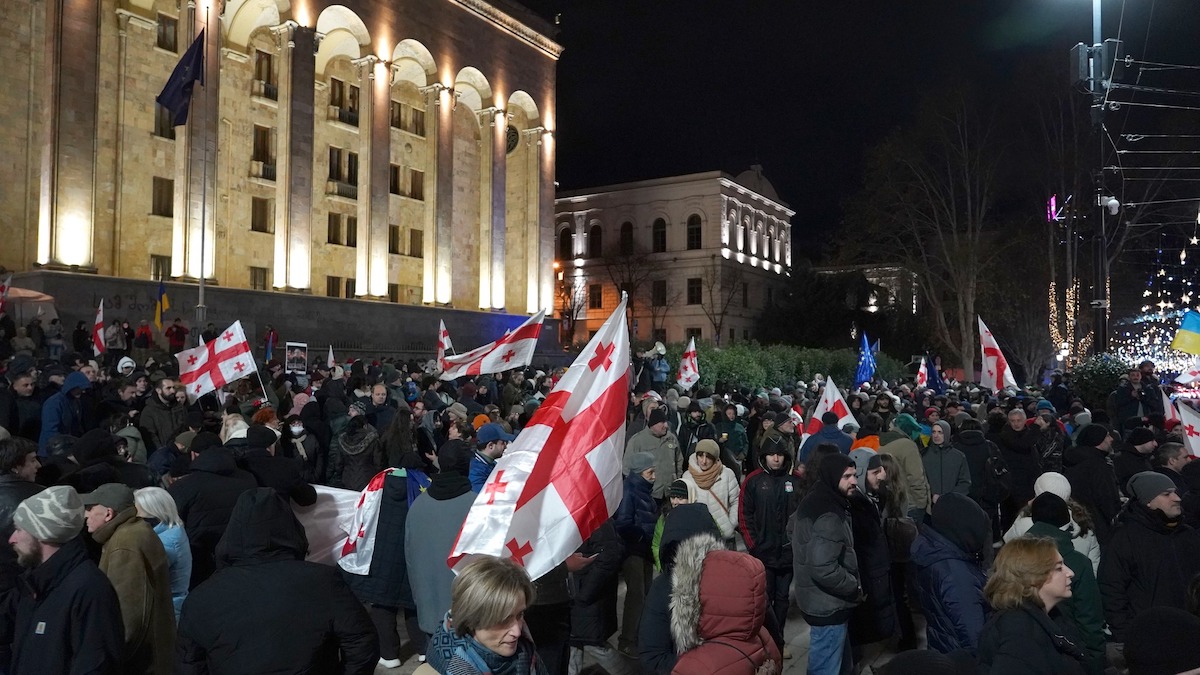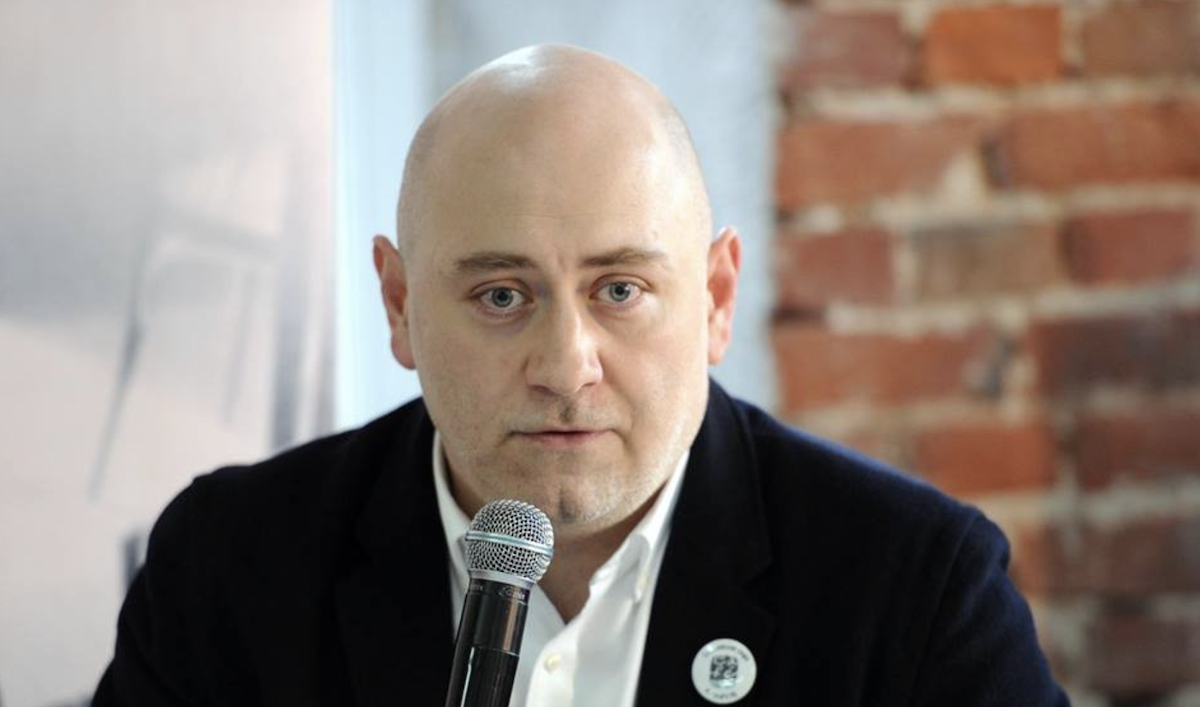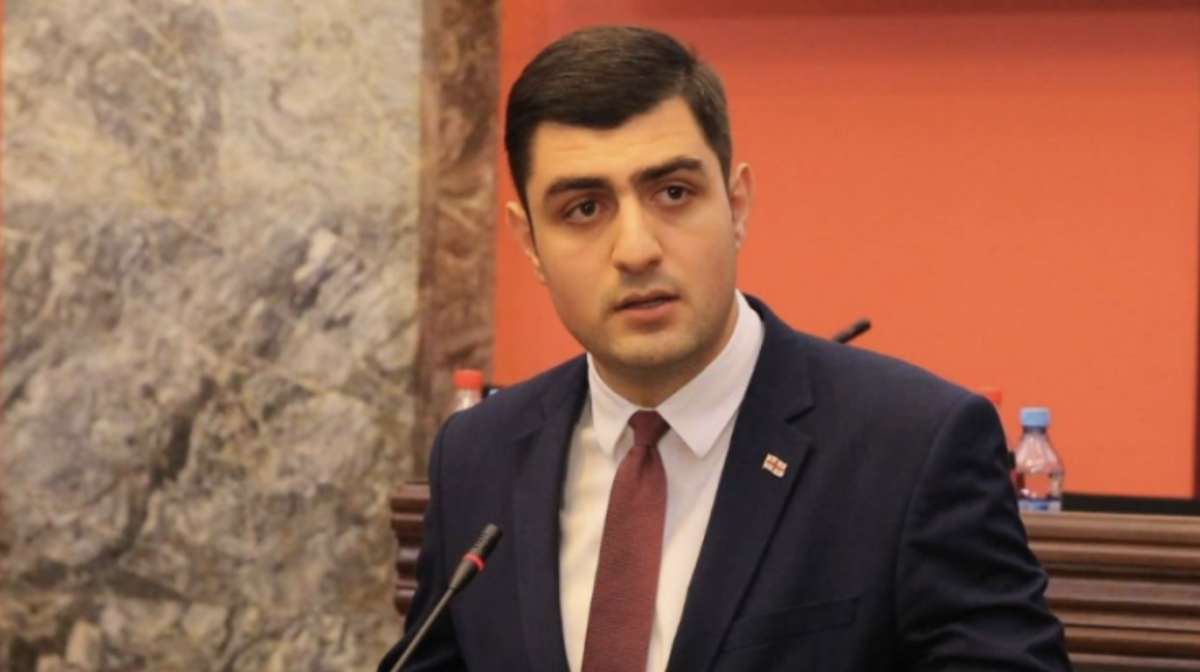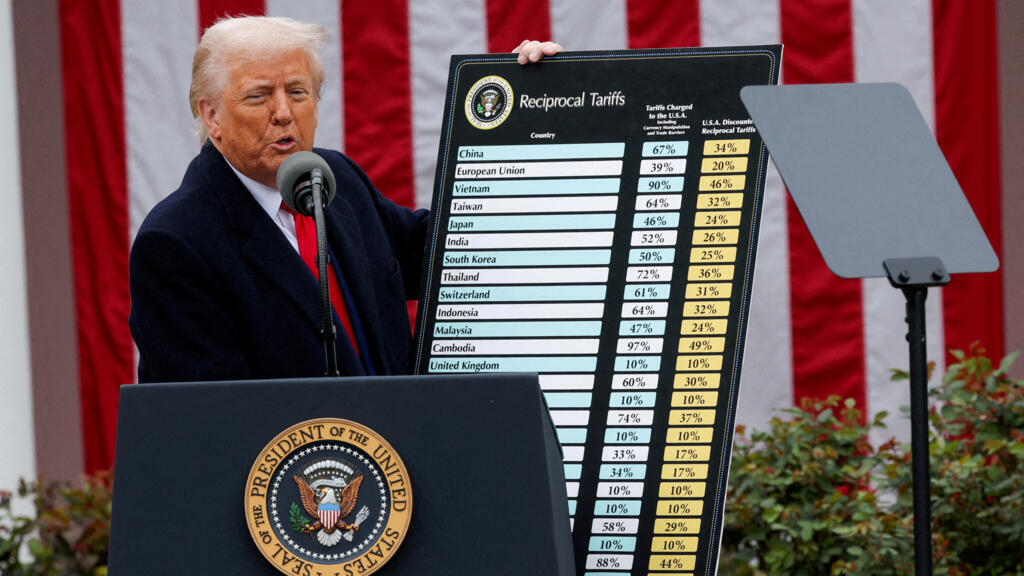Georgia: can a single-party parliament function?
Both rounds of parliamentary elections in Georgia are over, and the ruling party has received 48 percent of the vote in the proportional vote, and won both rounds in all 30 majoritarian constituencies.
The Georgian Dream thus won 90 seats in the 150-seat parliament, and the rest of the seats were distributed among eight opposition parties.
However, all eight opposition parties in parliament refuse to take up their seats in parliament because they believe the elections were rigged.
As a result, the country of Georgia, for the first time in its recent history, may receive a one-party parliament.
What fate awaits the parliament of the tenth convocation. Is it legal? Will it be able to work fully if only 90 MPs of the ruling Georgian Dream party are included in it?
- ‘The opposition in Georgia announced a boycott, as if we are watching the same film again’ – US State Department official
- IRI report: serious violations were committed in recent parliamentary elections in Georgia
- ‘Poverty, corruption and Russian propaganda’ – opposition manifesto on public exhibition in Tbilisi
When will the new parliament meet?
By law, no later than December 19, 2020, the Central Election Commission must finish considering all complaints and announce the final election results.
The new parliament must meet no later than ten days after the official announcement of the election results.
The first meeting will be opened by the President of Georgia.
Can the 90 MPs from the ruling party hold a parliamentary session?
This number of MPs is enough for the parliament to start working – to pass laws, distribute MPs to parliamentary committees and, one of the most important, appoint a government.
What a parliament with only 90 deputies cannot do
Since 90 MPs are only a simple majority, and not 2/3 or a constitutional majority, there will be some restrictions on the parliament’s activities.
For instance, it will be unable to:
● change the constitution
● impeach the president
● pass a constitutional law related to the restoration of the country’s territorial integrity
● at least 100 deputies must approve agricultural land laws
● ratify or annul international agreements concerning the territorial integrity of the state or changes in the state border.
It will also be difficult or impossible, if necessary, to create a temporary parliamentary commission of inquiry, since according to the new rules, at least half of the members of the commission must be from the opposition.
In addition, according to the updated regulations on the work of the parliament, one party, in this case the Georgian Dream, cannot form more than one faction in parliament.
“Let’s make [the opposition] work in parliament”
Based on all of the above, the ruling team does not see the threat of a ‘paralysis’ in the work of the new parliament, even if the opposition does not enter it.
However, the leader of the ruling party, Irakli Kobakhidze, hopes the opposition will eventually enter parliament.
“Otherwise, a mechanism laid down in the constitution could be used, which would force the opposition to start working in parliament,” Kobakhidze told Rustavi 2 TV.
According to him, the procedure is as follows: the powers of all 150 MPs will be confirmed at the first session of parliament – because according to the law, all 150 MPs are considered to be deputies after 76 MPs confirm their powers at the first session.
“After that, each MP, of course, can write a letter of resignation from parliament. However, the parliament must then give permission for this,” Kobakhidze said.
Will the opposition take up its mandates in parliament?
Apparently not. At this stage, neither the intervention of US Ambassador Kelly Degnan, nor other international moderators has been able to resolve the political crisis in Georgia and convince the opposition to abandon the boycott of parliament.
“The crisis will be resolved only if new parliamentary elections are held in the spring of 2021,” said the leader of the European Georgia party David Bakradze after meeting with the US ambassador on November 25.
“The boycott is not the opposition’s choice. This is a forced step, because the elections were rigged,” said the leader of the Lelo party Badri Japaridze after the same rally.
Opposition leaders deny claims that the Georgian constitution allows MPs to be ‘forced to work in parliament’ against their will.
“What Kobakhidze says is a legal absurdity, a sort of totalitarian statement,” said Tamar Kordzaia, a member of the Republican Party.
Several experts and specialists in constitutional law agreed with her in various publications in the Georgian media.
What are the main problems of a single-party parliament
First of all, a one-party parliament is a big blow to the country’s image and its democratic institutions.
There is no analogue in any democratic country in the world.
“It is unlikely that a single-party parliament will last long in the current realities,” Vakhtang Khmaladze, a constitutionalist from the Lelo party, told Radio Liberty.
In his opinion, the one-party parliament as a ‘theater of one actor’ will become a serious problem for Georgia in the eyes of the international community. It also creates the context of a permanent political crisis in the country.










